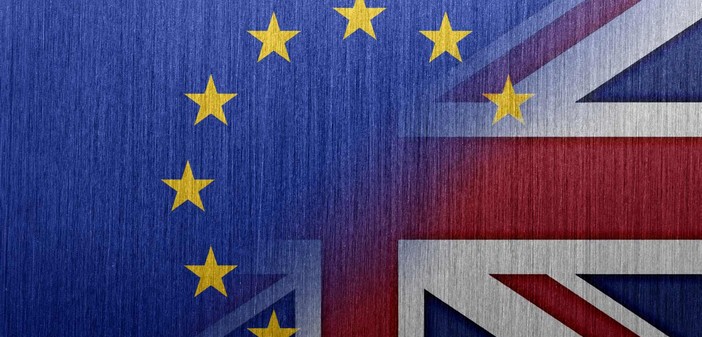She joined the Union late, and on June 23, her voters will express their decision on whether to leave earlier. Although the referendum is non-binding, it is inconceivable that Britain would decide to stay if the verdict of its citizens is to leave the Union.
In collaboration with a specialist who, due to his status, uses a pen name, Nice Premium will offer its readers a series of 4 analytical articles (one every Monday) that may help them better understand the issues at stake.
Over the years, the center of the British debate on Europe has shifted. In the 1960s and 1970s, the question was whether Britain could afford not to join what was then the European Economic Community.
The fear was that the United Kingdom would be cut off from the fastest growing market in the world at that time and that its partnership with the United States would also be jeopardized: the Western alliance was to be composed of two pillars, and Europe, rather than a diminished Britain, would be one of them.
Today, it is the weakening, rather than the power of Europe, that is at the heart of the debate in the United Kingdom. The British feel that they are faring quite well, unlike Europe. Indeed, since the 2008 crash, the EU has been marked by failure. Outside of Britain and Germany, there has been almost no economic growth.
It cannot defend its borders against terrorists (“Europe is not safe” proclaims Donald Trump). Its institutions lack legitimacy. Composed of 28 quasi-sovereign members, it cannot act but only publish its intentions to act.
No wonder a movement is preparing to reclaim national sovereignty, where decision-making power still persists.
by Marmaduke


